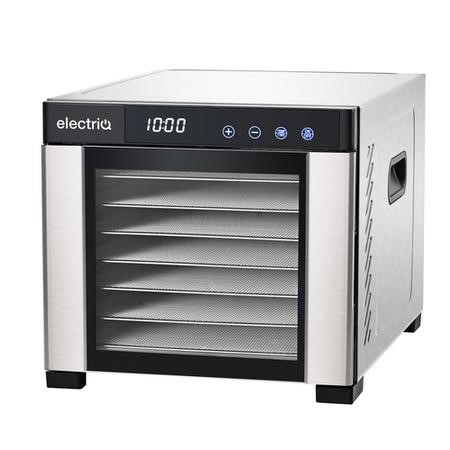Farview
Well-known member
Your reference is a transfer from 40 years ago of material that was 40 years old at the time? I can imagine it wasn't the best sounding thing in the world...The original Decca blues CD's had horrible hiss when first issued; I guess because digital brought everything to the surface.
The song would end, then you would hear the hiss fade down.
(My 80-8 material was made with a DBX unit, so that would be OK.)
Everything has gotten exponentially better in the last 20 years, much less the 40 years since the first poorly transferred CDs came out.
You will be fine. Even the cheapest converters available are an order of magnitude better than the best converters available in the early 1980's.

